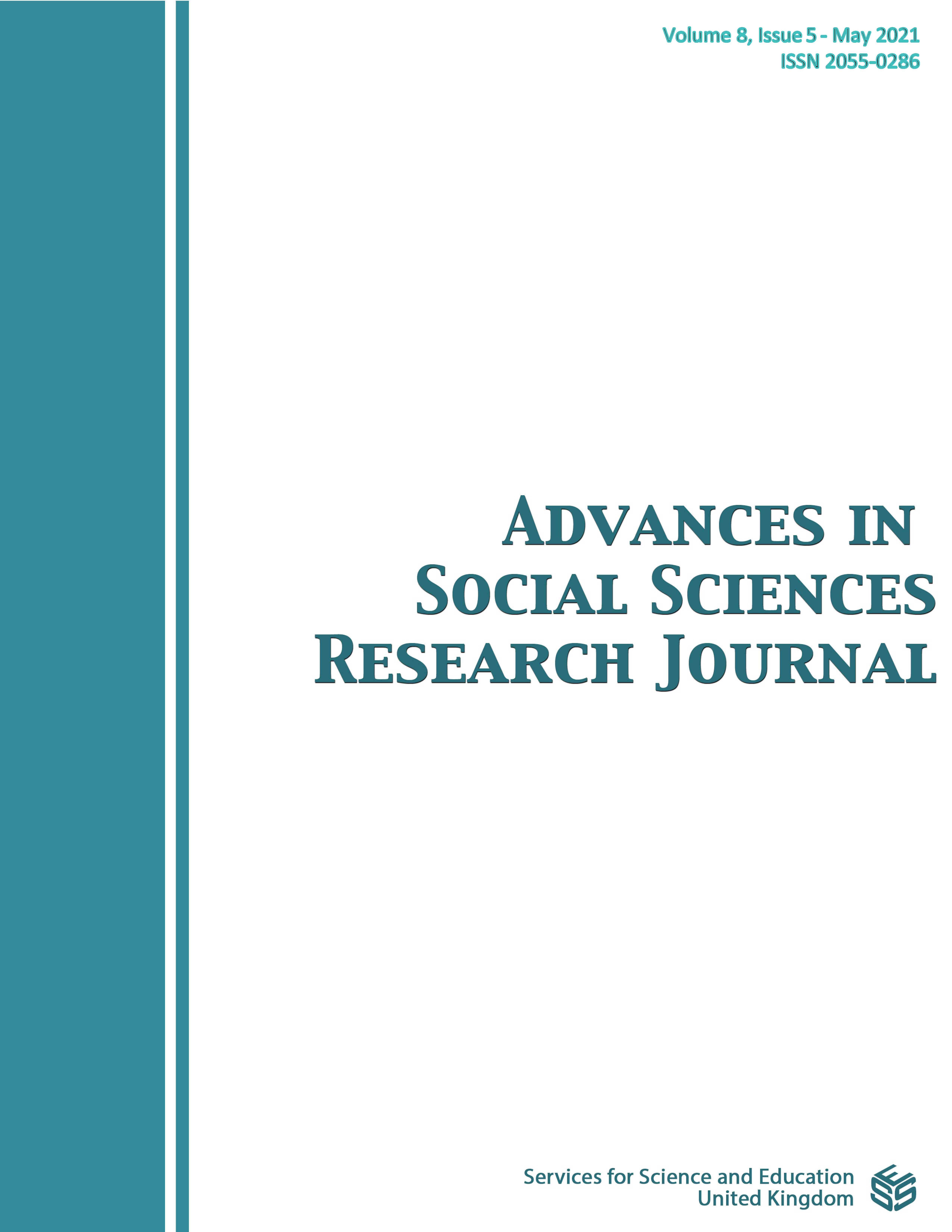Reexamining Doctoral Education: A framework for Leadership in the Context of Practice
DOI:
https://doi.org/10.14738/assrj.85.10150Abstract
Traditionally, doctorate in education is pitched on two platforms. The Doctor of Philosophy (Ph.D.) is pitched as belonging exclusively to the domain of research and scholarship, while the Doctor of Education (Ed.D.) is pitched as belonging to the domain of active professional practice. This distinction is dysfunctional to bridging the gap between research in the academe and research in professional practice. Research in the academe is often insular with theoretical intents and with outcomes that have limited utility for solving active problems of or in practice in education. This misguided distinction can be corrected through a new thinking of the educational purpose and outcome-expectations for Ph.D. and Ed.D. programs in education. Doctoral education, irrespective of nomenclature (Ph.D. or Ed.D.) should be envisioned as leadership platforms through which knowledge and practice is used seamlessly to continuously ignite innovation and transformation in education. This paper proposes a framework for reexamining doctoral education and their comparative relevance in solving problems of and in practice. The paper aims to position the two doctoral education pathways as platforms for developing leaders who promote the generation and application of knowledge on solutions to problems of and in practice. Author presents a conceptual model that explores the two doctoral pathways through the lens of application of knowledge, research, and practice. Further research is proposed on how doctoral education can enhance practice in educational leadership and foster continuous improvements in education.
Downloads
Published
How to Cite
Issue
Section
License
Copyright (c) 2021 Olajide Aguloye

This work is licensed under a Creative Commons Attribution 4.0 International License.
Authors wishing to include figures, tables, or text passages that have already been published elsewhere are required to obtain permission from the copyright owner(s) for both the print and online format and to include evidence that such permission has been granted when submitting their papers. Any material received without such evidence will be assumed to originate from the authors.






